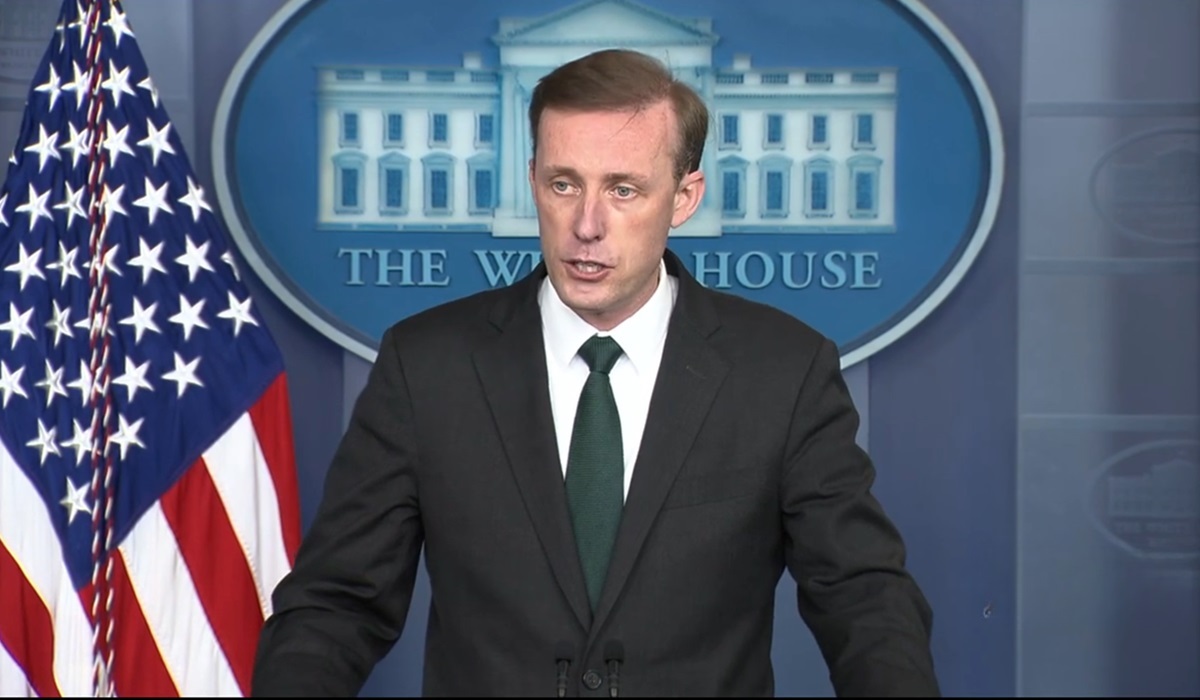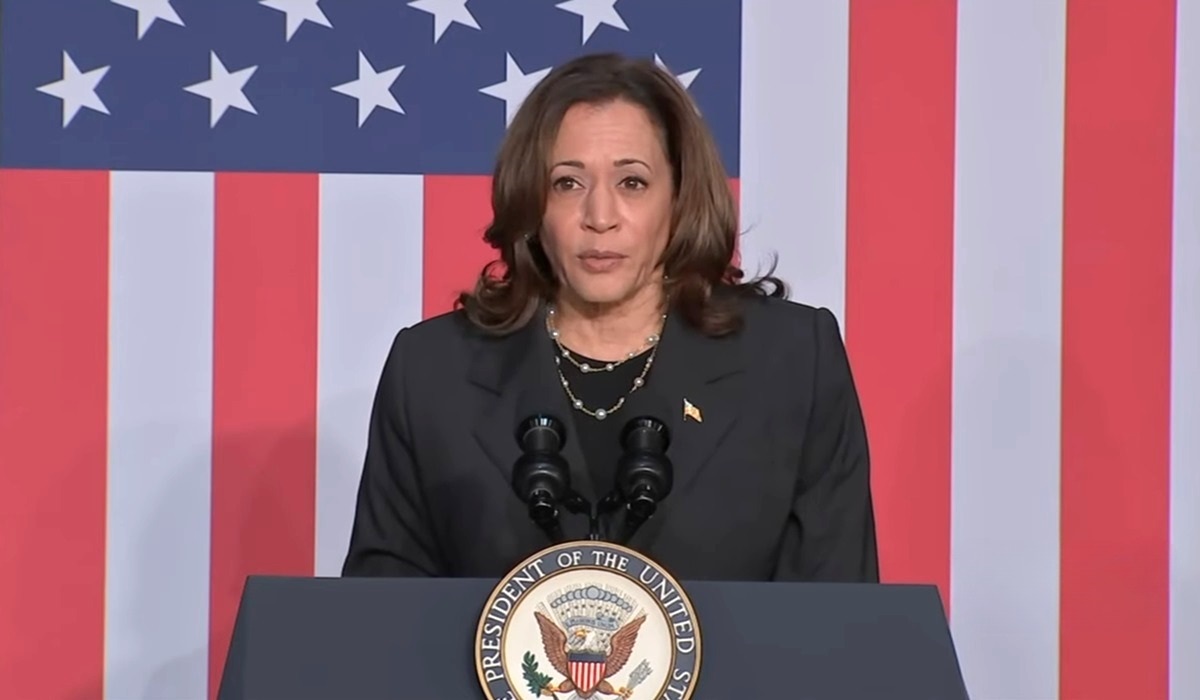Senator Cassidy Condemns Biden’s Student Loan Policies: A Closer Look
- Ingrid Jones
- U.S.A
- April 8, 2024

Image credit, Cari Dobbins
In a scathing critique of President Biden’s latest student loan initiative, Senator Bill Cassidy, ranking member of the Senate Health, Education, Labor, and Pensions (HELP) Committee, has raised concerns over the shifting of student loan debt onto taxpayers. The Senator’s statement comes in the wake of Biden’s announcement regarding the administration’s plans to implement income-driven repayment (IDR) schemes, which could potentially cost taxpayers billions of dollars.
Cassidy’s primary contention revolves around the notion that the Biden administration’s focus on student loan forgiveness fails to address the fundamental issues plaguing higher education, particularly the soaring costs that push many young Americans into debt in the first place. Instead of tackling the root causes of this crisis, Cassidy argues that the administration is merely attempting to garner votes through what he labels as unfair tactics.
The Senator highlights the administration’s struggles in implementing the Free Application for Federal Student Aid (FAFSA) program, citing delays that hinder students and families from accessing vital financial aid information. He criticizes the Department of Education’s handling of FAFSA, suggesting that its focus on student loan schemes detracts from addressing existing shortcomings in the system.
Moreover, Cassidy asserts that the burden of student loan debt should not be shifted onto taxpayers, emphasizing that such policies effectively transfer the responsibility from borrowers to the general public. He contends that this approach unfairly penalizes those who have not pursued higher education or have diligently worked to repay their loans, raising questions about the equity and sustainability of the proposed measures.
The Senator’s concerns are further compounded by the potential financial ramifications of the IDR schemes, which could see a significant portion of bachelor’s degree student loan borrowers not repaying even the principal amount borrowed. With estimates suggesting costs to taxpayers reaching as high as $559 billion, Cassidy warns against the economic consequences of such policies, particularly in light of previous legal challenges to similar initiatives.
In his condemnation of Biden’s student loan policies, Senator Cassidy underscores the need for a comprehensive approach to addressing the challenges facing the higher education system. Rather than relying on short-term solutions that prioritize political expediency, he advocates for strategies that tackle the underlying issues of affordability, access, and accountability within the education sector.
As the debate over student loan reform continues to unfold, Cassidy’s remarks serve as a reminder of the complexities inherent in crafting effective and equitable policies that serve the interests of both borrowers and taxpayers alike. While the Biden administration’s initiatives aim to alleviate the burden of student debt, their efficacy and fairness remain subjects of intense scrutiny and debate on Capitol Hill.








